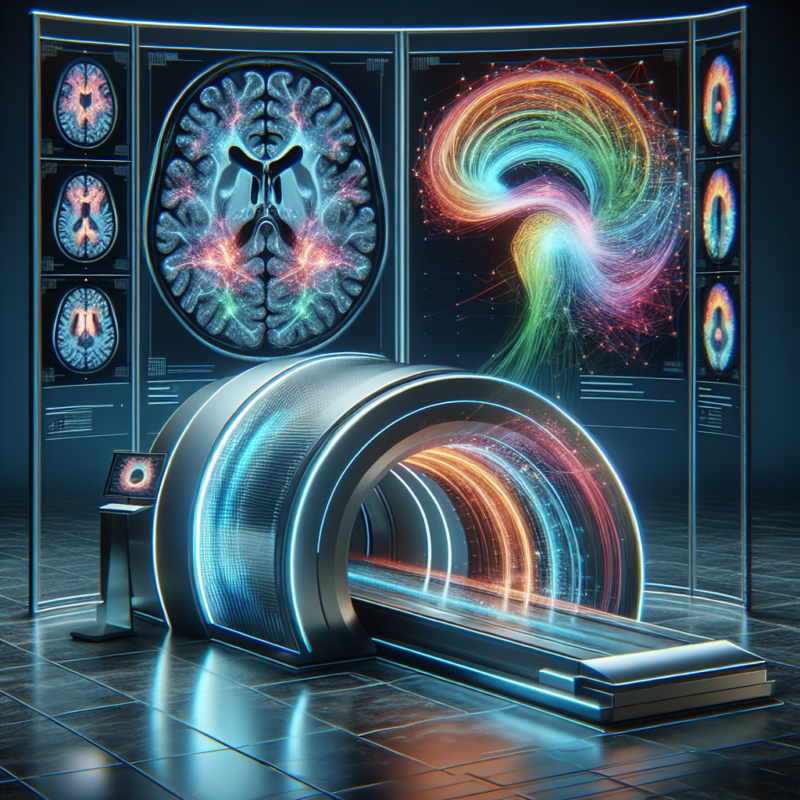Study: Teens’ Antisocial Behavior Linked to Higher Substance Use at 17
Adolescents prone to antisocial behaviors at age 15 are more likely to use drugs or alcohol by age 17. In contrast, those with prosocial behaviors are less likely to develop these habits.
“
A recent longitudinal study conducted in Sweden focused on the behaviors of adolescents and their relationship to substance use. The study found that individuals who displayed antisocial behaviors at the age of 15 were more likely to engage in drug or alcohol use by the age of 17. Conversely, those who exhibited more prosocial behaviors were less inclined to develop these harmful habits.
Antisocial behaviors encompass a wide range of actions that go against societal norms and can have negative impacts on others or society as a whole. These behaviors can include lying, cheating, theft, violence, and other criminal activities. On the other hand, prosocial behaviors involve actions that benefit others, such as helping, sharing, volunteering, and cooperating. These behaviors stem from empathy, concern for others, and a desire to contribute positively to society.
The researchers, led by Simon Jangard, examined the connection between substance use—specifically alcohol, tobacco, and illicit drugs—and different types of behaviors. They focused on two types of antisocial behavior: conduct problems and criminal behavior, and three categories of prosocial behavior: global prosociality, general trust, and institutional trust.
Conduct problems refer to behavior issues characterized by aggression or antisocial tendencies that harm both the individual and those around them. Global prosociality reflects an individual’s overall tendency to behave in ways that benefit others in various situations. General trust reflects a person’s belief in the reliability and goodwill of others, while institutional trust refers to confidence in societal institutions like the government, legal system, media, and educational systems.
The study utilized data from the Futura01 longitudinal study, which tracked 3,817 Swedish adolescents over two years from ages 15 to 17. The first wave of data collection occurred in 2017, with participants filling out a questionnaire during school hours. The second wave took place in 2019 via a postal or online survey.
Participants were asked to report on their conduct problems, criminal behavior, global prosocial behavior, general trust, institutional trust, as well as their substance use habits in the follow-up survey.
Results indicated that individuals who exhibited higher levels of antisocial behavior at age 15 were more likely to engage in alcohol, drug, and cigarette use at age 17. They were also more prone to symptoms of alcohol use disorder. Conversely, adolescents with higher levels of global prosociality at age 15 were less likely to show symptoms of alcohol use disorder, use cigarettes, or engage in illicit drug use at age 17.
General and institutional trust were also significant factors. Participants with greater levels of trust were less likely to use alcohol and cigarettes. Those with higher institutional trust at age 15 were also less likely to use illicit drugs or snus at age 17.
In conclusion, the study highlights the connection between behavior and substance use. However, it’s important to note that the study’s reliance on self-reports may introduce reporting bias and impact the results. The findings emphasize the importance of addressing antisocial and prosocial behaviors in adolescents to prevent harmful substance use in the future.
Published on: 2025-03-31 12:00:00 | Author: Vladimir Hedrih
🔗 You may also like: More posts in Addiction,Dark Triad










